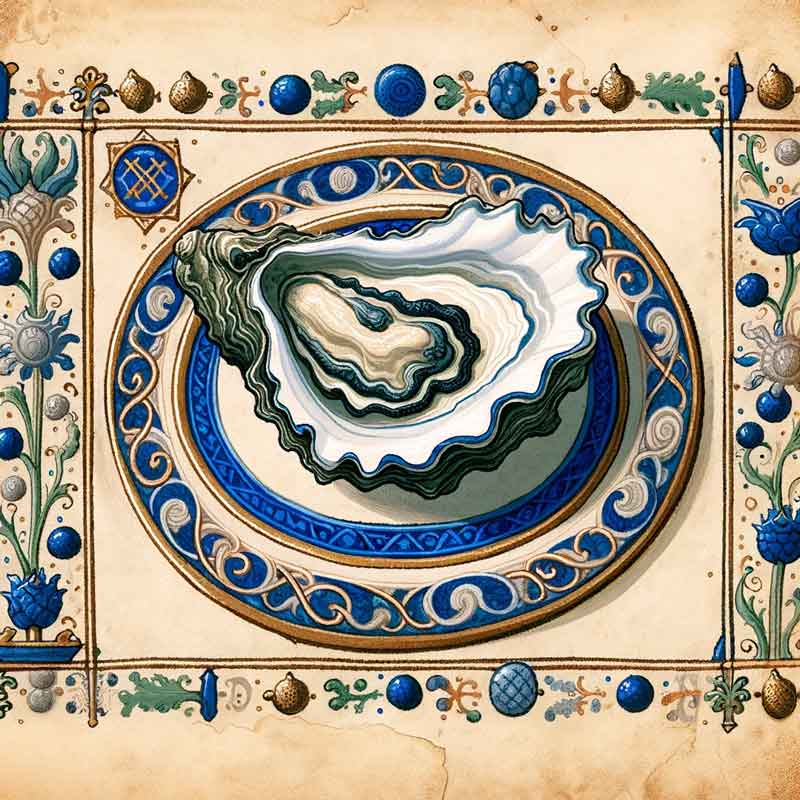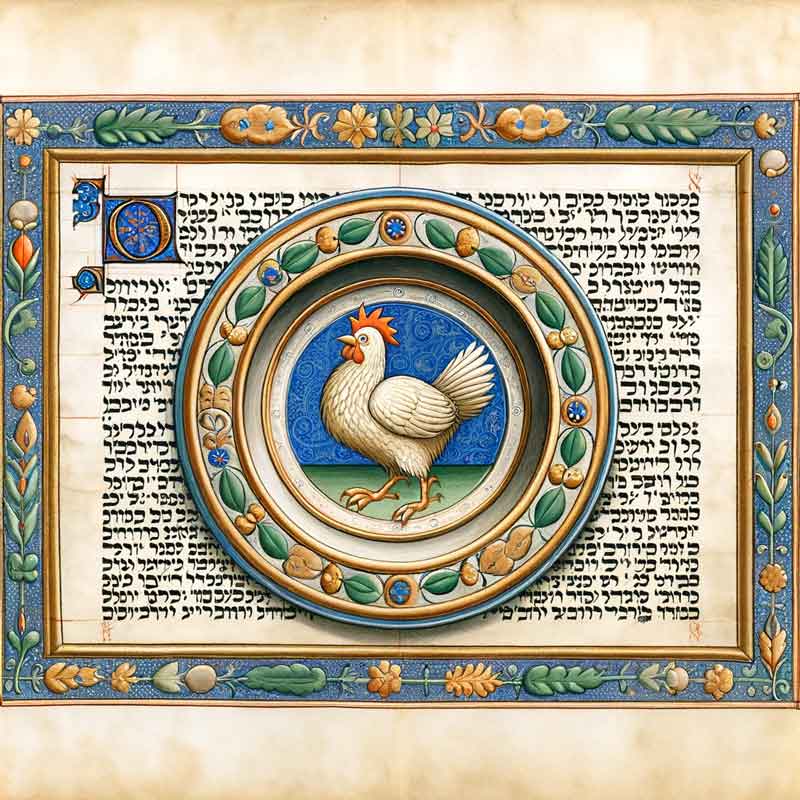Question from a Reader
Dear Rabbi Joshua,
I’ve always been curious about kosher dietary laws, particularly regarding seafood. Are oysters considered kosher?
Kind regards,
Michael Thompson
Kosher Dietary Laws and Seafood
Dear Michael,
Your question addresses a crucial aspect of kashrut, the Jewish dietary laws. To understand whether oysters are kosher, it is essential to delve into the guidelines set forth by these laws.
According to Leviticus (ויקרא) 11:9-12, for sea creatures to be considered kosher, they must have fins and scales. This rule is the primary determinant for the kosher status of all seafood.
Oysters in Jewish Dietary Law
Based on this definition, oysters, along with other shellfish, do not meet the kosher criteria as they lack both fins and scales. Therefore, oysters are not kosher. This prohibition is not just limited to consumption but extends to any benefit derived from these non-kosher creatures.
Cultural and Health Considerations
Beyond religious law, the exclusion of shellfish from the kosher diet can also be seen through cultural and historical lenses. In ancient times, shellfish were associated with foodborne illnesses, making their prohibition practical for health reasons as well.
Significance of Kosher Observance
Observing kashrut is not merely about dietary restrictions; it’s a way of sanctifying the act of eating, making it a mindful and spiritual practice. It’s a commitment that connects Jews to their heritage and religious identity.
Conclusion
In conclusion, oysters are not kosher as per Jewish dietary laws. The laws of kashrut are comprehensive, extending beyond a simple list of permissible foods and involving deep spiritual and cultural significance.
May your exploration of kosher laws lead you to a deeper understanding of Jewish tradition.
Shalom,
Rabbi Joshua


